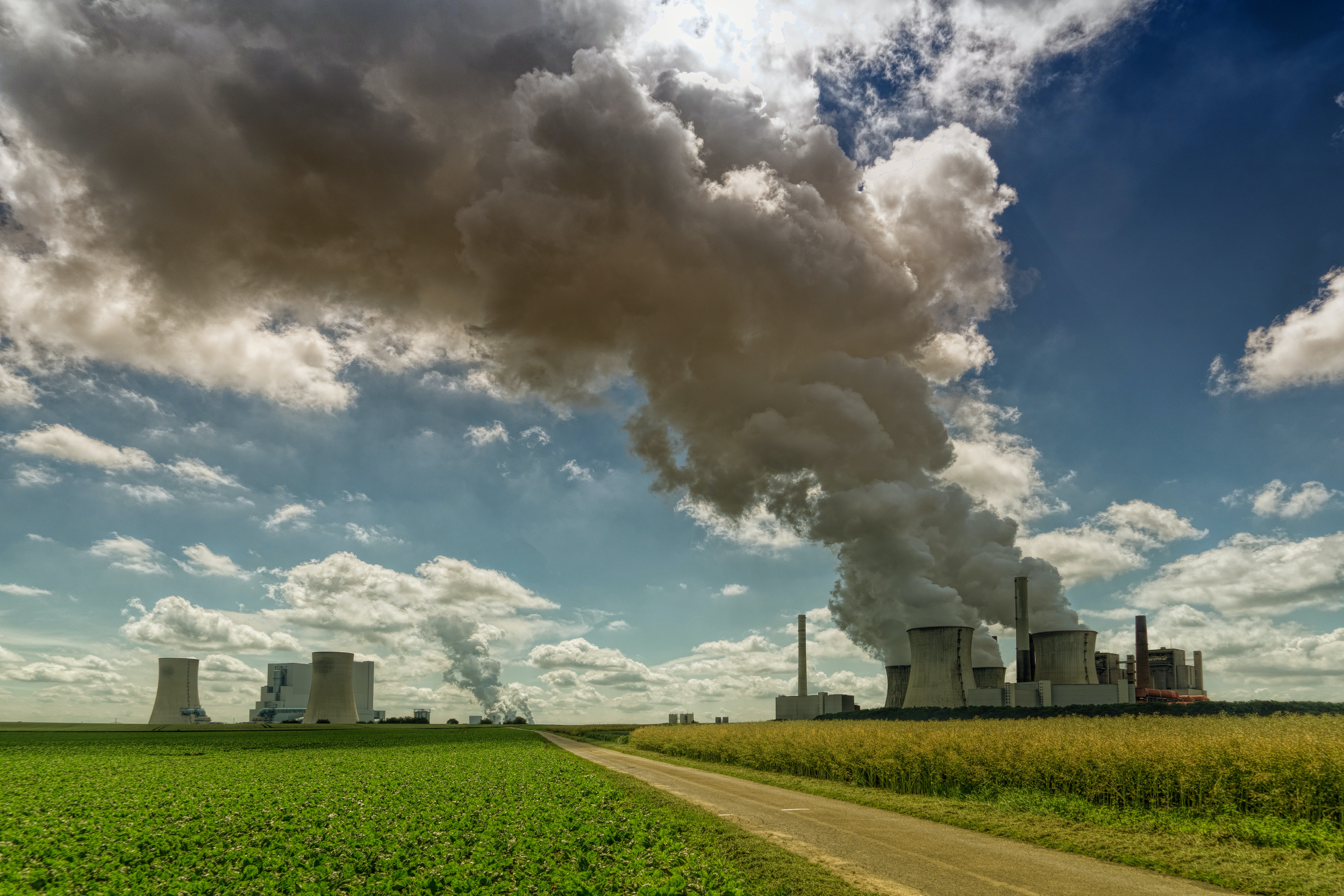Investigating the Microbiology of Carbon Capture Storage (CCS)
For the worst-case effects of climate change to be avoided, it is widely accepted that industrial CO₂ emissions must be captured from the atmosphere and permanently stored below ground via Carbon Capture Storage (CCS) solutions. There is, however, an unknown, potentially significant problem that could impact the success of the CCS strategy – namely, the subsurface microbial life which exists in areas selected for CCS, and the effect such life could have on the injection and storage of CO₂.
Calling on our many years of expertise studying the effects of microbiological activity in oilfield reservoir environments, we are working in collaboration with the Manchester Institute of Biotechnology at The University of Manchester to simulate underground carbon capture storage environments, study the effects of subsurface microbiological activity on CO₂ storage, and develop essential mitigation tools and strategies.
Research will be carried out at a flagship Carbon Capture Storage (CCS) R&D Hub at our UK headquarters and will involve the use of a specially developed suite of pressurised bioreactors that will be used to model CO₂ injection and storage into depleted oil & gas reservoirs and saline aquifers. Knowledge derived from the Hub’s activities will assist the UK in becoming a global leader in understanding the microbiology of carbon capture storage environments and help expedite the Government’s Net Zero 2050 target.
Downhole microbial activity in oilfield reservoirs costs the global energy sector hundreds of millions of pounds annually through the creation of polluting and corrosive hydrogen sulfide (H₂S) gas. If problematic microorganisms are found to thrive in CCS environments, they could negatively impact the long-term success of CCS decarbonisation strategies, with the potential for CO₂ leakage, environmental damage and costly storage facility repairs.
Our research, in association with the Manchester Institute of Biotechnology, will provide a vital understanding of how downhole microbial life responds to the input of CO₂. It will also enable organisations involved in CCS to better understand the potential scale of microbial problems and put robust monitoring and maintenance regimens in place. To find out more, please get in touch.



